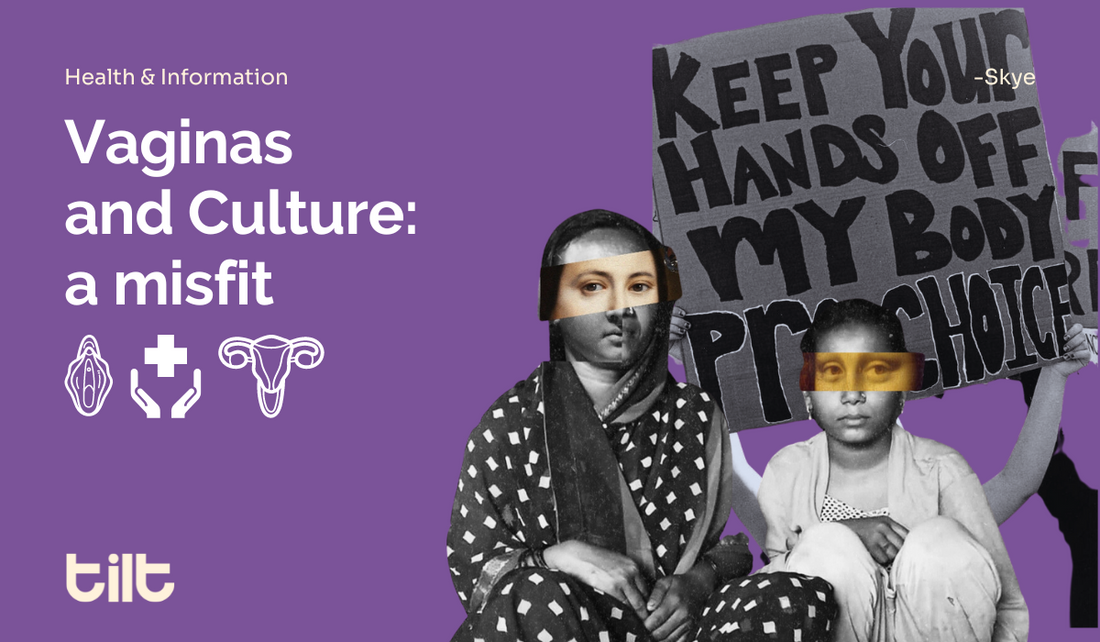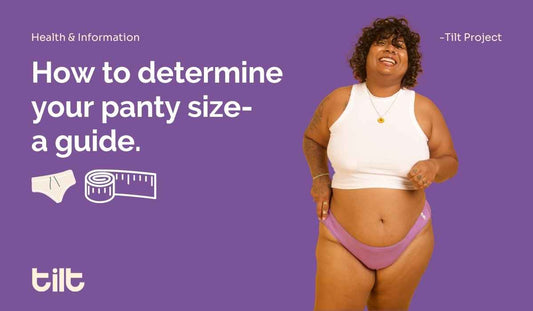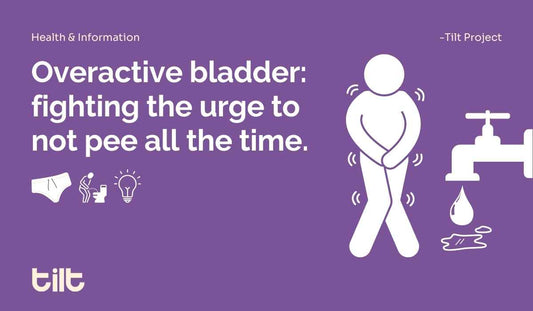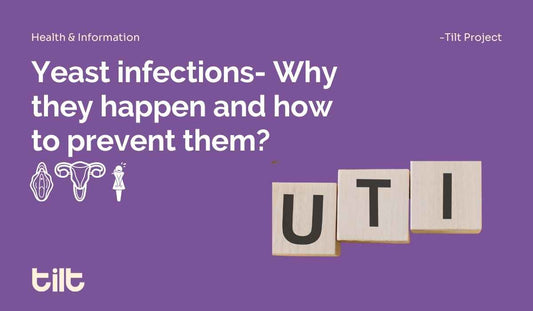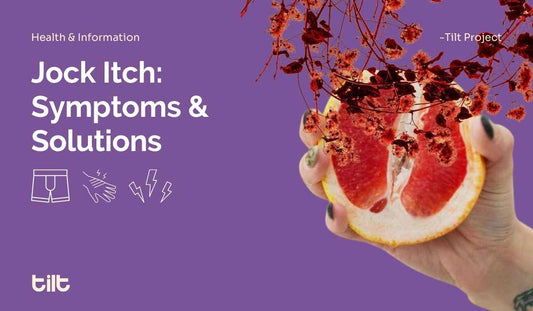You might be thinking, "What do cultural norms have to do with my vagina?" From myths about douching to taboo topics like menstruation, our cultural beliefs and social upbringing has a profound impact on how our ideas on vaginal health are shaped. Let's be real, we all want our vaginas to be happy and healthy, so understanding how cultural norms can affect our perception is key to breaking the bloody ceiling that keeps us from talking- HELL- SCREAMING about equal access to vaginal health for all. So, put on your comfy pants and buckle up because we're about to dive into the world of our nether regions and start with a simple WHY?
For starters, WHY is there a gap in research in the field of menstrual health (including contraception and birth control medication) even though we’re ready to colonise Mars at the earliest. While the former still needs more resources and brainpower to be re-directed to the field; it is crucial to understand the influence of cultural norms on vaginal health and well-being across different communities and societies. By examining the cultural beliefs and practices surrounding vaginal health, healthcare providers can better understand the unique challenges menstruators face and develop more effective interventions to address them.
BREAKING THE VIRGINITY CEILING
Let’s begin with the OG excuse that all Indian menstruators have grown up hearing each time we approached our parents to seek permission for something (which includes almost everything) that society deems inappropriate for unmarried women* “LOG KYA KAHENGE?”
Most cultures across the world place a high value on a menstruator’s virginity, and this can have a profound impact on how menstruators perceive and address their vaginal health concerns. In some cases, the fear of being seen as impure in case an individual is sexually active can cause vagina owners to hide symptoms of vaginal infections or discomfort. It even leads to them avoiding seeking medical attention in cases of life threatening STDs or even accessing safe abortions. It’s repetitive to go on about the patriarchal notions behind the idea of preserving a vagina owner’s virginity. Apart from the social evils, it also drags down safe access to vaginal healthcare. After all, a happy vagina is a healthy vagina.
ACCESS TO CONTRACEPTION & PROTECTION FROM STDs
Till date vaginal health care is highly constrained by cultural norms, limiting options and choices for individuals depending on their socio-economic background, caste, gender and religious identity. The existing taboo and stigma surrounding discussions on sex and reproductive health itself contributes heavily towards holding up this wall between the individual and the healthcare options available to them. The idea of "culturally" acceptable and unacceptable forms of birth control, treatment to STD or even access to abortions need to be critically developed under sensitive approaches to sexual health education and reproductive healthcare access, recognizing the political implications of social norms on an individuals' reproductive autonomy.
HERE’S WHAT THEY DON’T TELL YOU ABOUT WHITENING & BRIGHTENING PRODUCTS
In recent decades, walking on the footprints of F**R & L****, many national and international brands have taken up the idea of introducing the use of vaginal whitening or brightening products to a market that has always profited off women’s insecurities rather than creating products to support them better. These products claim to lighten the skin around the vulvar region but have YOU ever stopped to wonder what goes into making of these products and how they can affect our vaginas? Here’s what they don’t tell you-
Many of these products contain harmful chemicals that can cause skin irritation, infection, or even permanent damage to the delicate tissue in the genital area. Renowned gynaecologist Dr Manjula Anagani, who is also the recipient of Padma Shri award, says: “Bleaching creams available for whitening vaginas may contain steroids which can be very dangerous and make the user susceptible to infections. The skin might become thin due to usage of steroids and it can become atrophic. This can lead to skin losing its natural immunity. If someone is really interested in getting the skin lightened, they should consult a dermatologist.”
But that’s not all. We need to recognize that the beauty industry is driven by profit, not by our well-being. The use of potentially harmful products like vaginal whitening creams is just one way that this industry preys on our insecurities and convinces us that we need to buy more products to achieve an unattainable ideal version which WE AREN’T MEANT TO BE.
A FIELD OF FLOWERS ON MY VAGINA- the tale of silent seclusion
Ever wondered why sanitary napkin advertisements portray menstruators smelling like a field of fucking flowers? Isn’t that far from how metallic blood smells like, specially menstrual blood that has been in contact with oxygen. While most disposable and absorbent period products are scented with floral fragrances to mask any odour, there’s very little information around the side effects of applying harsh chemicals to a pad that sits so close to your vulva for such a long time. I bet you aren’t foreign to pads causing itchiness and rashes! But that’s only the tip of the iceberg.
There is a growing concern about the ambiguity around the materials and chemicals used in sanitary napkins, and the lack of transparency from manufacturers can confuse customers. Food for thought: Have you ever seen the ingredients list on a pack of sanitary napkins? Unfortunately, you won't find one. Studies show that these chemicals and fragrances can be irritating to the delicate skin in the vaginal area, leading to infections or even potentially life threatening health risks. It is crucial for manufacturers to provide menstruators with relevant information in order for them to make an informed decision on what products suit them the best. Unironically, the economically struggling classes are the ones who are stuck with these products and zero alternatives with little to no access to proper vaginal healthcare options.
(MARKETING PERIOD PRODUCTS AS FEMININE HYGIENE PRODUCTS)
On another note, remember the time you bought a packet of sanitary napkins for yourself for the first time? Wrapped up in newspapers and a black polythene, higher security measures undertaken so no soul around could know that you’re menstruating. Now imagine it’s the same situation but instead of helping you out, you are judged by your gender presentation and made to feel like you're not welcome. Not without undergoing an anxiety-inducing experience.
The consumer business has kept menstrual health care products secluded as “FEMININE HYGIENE PRODUCTS” for far too long now. Marketed exclusively to women, creating a significant problem of access for trans individuals who menstruate, creating a homogeneous space of menstruators that has refused to include transgender menstruators into the discussion on their menstrual health and wellbeing. The homogeneity further forces trans menstruators into using products that do not align with their gender identity instead of making the marketing strategies inclusive and genderless is part of the solution, further triggering feelings of dysphoria and discomfort in them.
It is crucial that we address this issue and stop gatekeeping menstrual health care as a ‘women’s issue’ and move towards creating a culture of inclusivity that breaks down stigma against gender identities that do not fit into traditional norms. This means creating products that are marketed and designed to be inclusive of all gender identities, available in all gender-neutral spaces. Accessible menstrual health does seem like a big deal now, DOESN’T IT?
WE’RE SAYING VAGI-YES TO INCLUSIVE HEALTHCARE
On 9th May 2023, a 30 year old man attacked and killed his 12 year old sister over the suspicion of having an affair. He had noticed blood stains on her clothes, which the police ruled out as the beginning of her menarche. Only if every menstruator in India had accessible information beyond conventional spaces and spaces where menstruators’ health would have been taken seriously!
Despite cultural norms acting like a real pain in the vagina when it comes to menstruator's health, millions of fem-tech brands, social entrepreneurs and community workers; our OVARY-ACHIEVERS, who are working towards building a space beyond the cultural implications we grew up within.
And hey, who knows? With enough education and awareness, we might just see a world where every menstruator has access to the right information and resources. Changing the world into a better place, one vagina at a time.Take our TILT community Whatsapp for an example- *What do you mean you aren’t a part of it yet? Be a part of our journey ASAP*
- By SKYE

